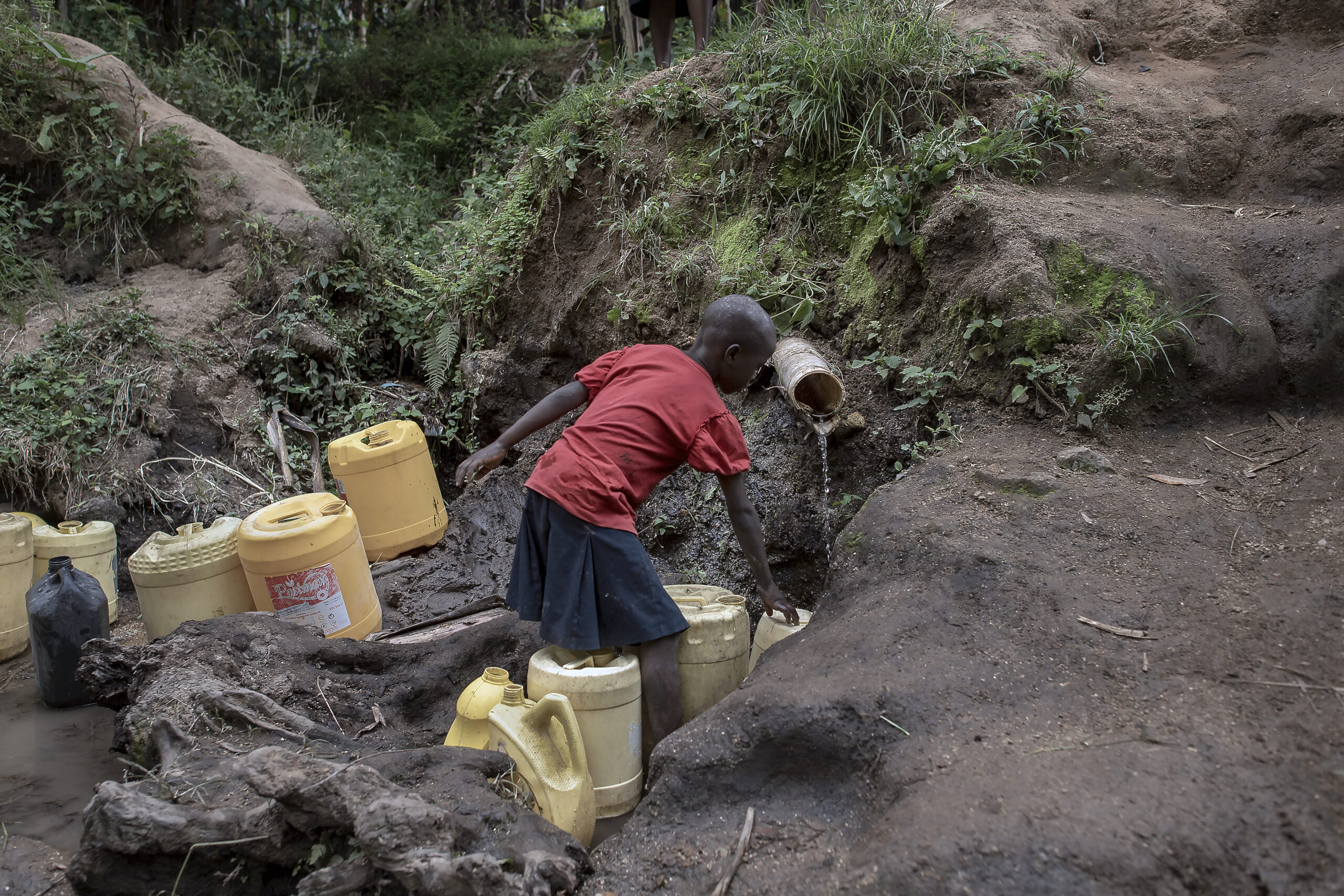
A healthy, climate-resilient future must ensure access to WASH

This blog was originally published on the Global Handwashing Partnership Community Forum.
The COVID-19 pandemic has thrown into stark relief longstanding inequities. Families without access to primary healthcare, vaccines, nutrition, or safe water, sanitation, and hygiene (WASH) have been more heavily impacted by the pandemic and its related disruptions, and this uneven burden is hardly new: children in these families suffer the worst outcomes and long-term consequences of diarrheal infections, too.
Building back better from the pandemic must include an appreciation of how climate change further exacerbates these inequities:
- Heavy rains and flooding overwhelm water and sanitation systems, contaminate water supplies, and spread water-linked diseases such as diarrhea, cholera, and typhoid.
- During droughts, water scarcity forces people to skip handwashing, removing an essential disease prevention measure. In the South Pacific island nation of Tuvalu, for example, a severe drought coincided with a diarrhea outbreak, and an investigation connected the outbreak to decreased handwashing frequency.
The impacts of climate change are not just a future concern; they are already happening now. According to the 2021 report of the Intergovernmental Panel on Climate Change, we are past the point of mitigation and now need to focus on adaptation. Weather extremes such as flooding and droughts are becoming more frequent due to climate change, and both will lead to additional diarrhea cases. Places already struggling with insufficient WASH are likely to be the most heavily hit by climate extremes and related health impacts. On top of climate change, overcrowding trends in cities and refugee settlements increase infectious outbreak risks.
It has never been more urgent to ensure all people can access the right to safe water, sanitation, and hygiene. As the world is determining how to build back post-COVID, let’s build forward, not backward. When it comes to water, sanitation, and hygiene, let’s reimagine and reinvent what we think we know about clean drinking water, toilet design, and hygiene access.
Moving toward a better, healthier future will require working in new ways; mining insights from the health, WASH, and climate sectors; and tapping into new types of modeling to determine where, when, and how to have the greatest impact. It will require the same sense of urgency with which the world responded to COVID-19.
A healthy future is in our hands. Let’s get them to work.
Photo Credit: PATH/Anthony Karuma


